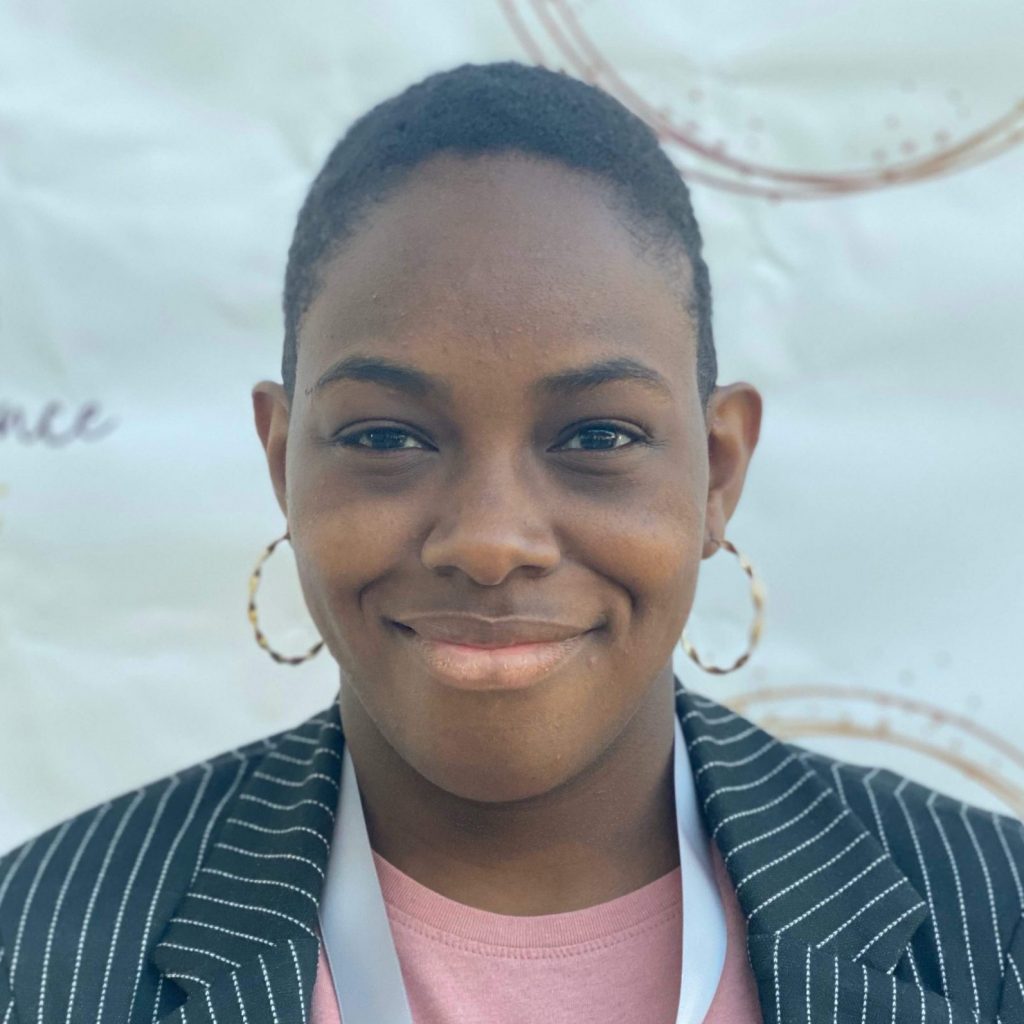
Joy Knowles, former Director of Advocacy in Emory FLIP
My family’s biggest value has always been education. The price of university has served as a barrier to formal education, and my loved ones have taken initiative to educate themselves through voracious reading and studying.
I’ve been privileged enough not only to go to college, but also to attend an esteemed, elite institution flooded with opportunities and connections. When I started my college life, the only things I knew about college were things I remembered from a handful of episodes of “A Different World,” and from attentively listening to our summer Canvas assignments. While my peers complained about these lessons being pointless, I was silently grateful that somebody took the time to explain concepts like credit hours and Add/Drop/Swap.
During most of my first moments at Emory, I felt out of place in almost every capacity. As students desperately searched for new friends, I would constantly worry about if Emory would be a place where I could find valuable relationships. I dreaded the few minutes before and after events when people would ask questions that disguise inquiry about social status as casual small talk.
It took some time for me to make friends through my classes. But fortunately I lived with and near a group of compassionate, welcoming women. Their openness and encouraging leadership created a space that was the first time I felt confident at Emory. Whenever I struggled and made mistakes, they reminded me that I deserve to take up space, and that I have insight and knowledge to contribute to others. My family reminded me regularly that they empathized with my challenges, even when they could not relate to them.
The administration in Campus Life and Office of Undergraduate Affairs have listened attentively to my voice, and they’ve created safe spaces where I can speak openly. They listen patiently, and do so without adding a pressure where I have to pretend to have everything together. My most impactful relationships at Emory have been with the women who have provided me with opportunities to learn and develop my leadership while prioritizing my self care. My African American Studies classes have surrounded me with dignified Black women who care about each part of my life, and they have fueled my soul when I felt the most discouraged. My personal growth flourished once I began to open up to the wWomen of cColor who display an authentic commitment to guiding me towards success in all of its forms.
Their encouragement has propelled me as I overcame my fears around failure. They have been compassionate and patient as I’ve fought against perfectionism and embraced adaptability.
Four years ago, I second guessed every word I spoke, and had to motivate myself to enter a professor’s office hours. Intersectionality was always conceptually present in my mind, but I did not have the language to describe my experiences and feelings. Even when I have had to find networks and opportunities independently, Emory has presented me with the foundation to support myself and encourage others. The people at Emory have shown me how Alice Walker’s womanism can be a driving force in my life.
My Emory experience was an interesting dichotomy. It has been immensely draining but also incredibly empowering. But I will always carry pieces of their love and support with me, because it kept me going when I almost collapsed.
If you want to see what you can do to be more equitable, then follow the example of the women of color who do thankless work to sustain positive change. They prioritize advocacy and compassion. They exemplify Alice Walker’s descriptions of womanism because they are dedicated to the “the wholeness of the entire people”.
Joy Knowles (she/her) is from Kansas City, Kansas and double majored in Psychology and African American Studies. During her time at Emory, she served as the Director of Advocacy in Emory FLIP (First-generation and/or Low Income Partnership) and the Resident Advisor for Empowering 1st. She was a member of the First-Gen Week Planning Committee and led other initiatives to help FGLI students. A Mellon Mays Undergraduate Fellow, she researches mental health in Black communities. She is taking time off before returning to school to pursue a PhD.

